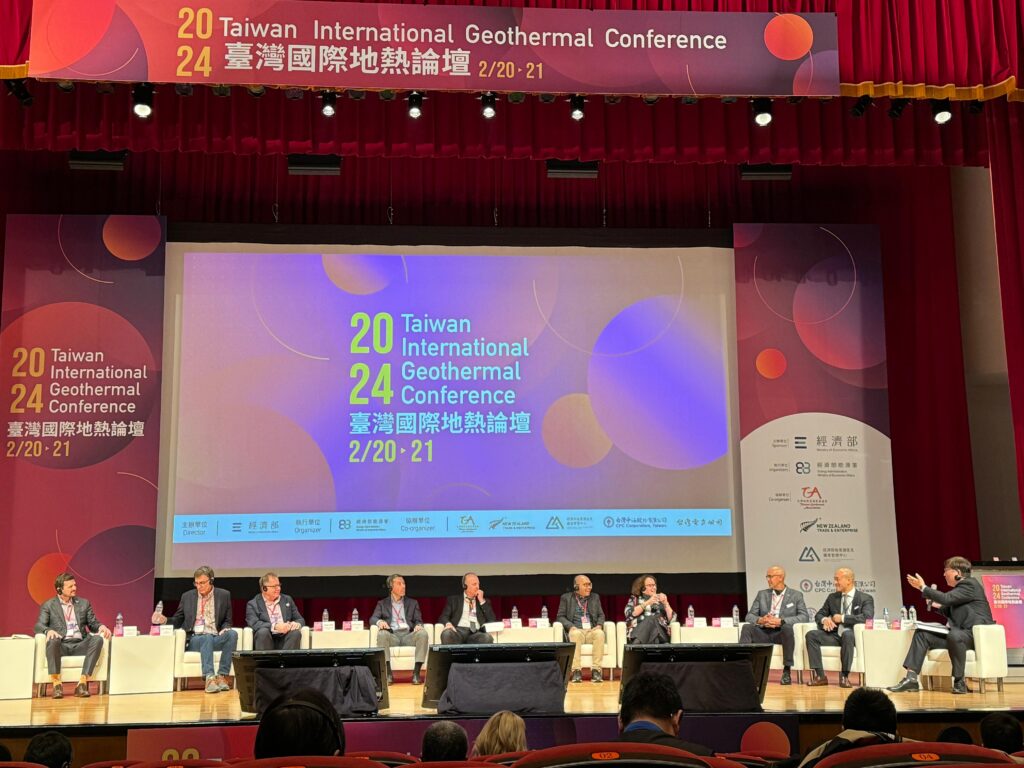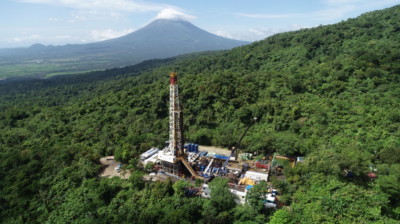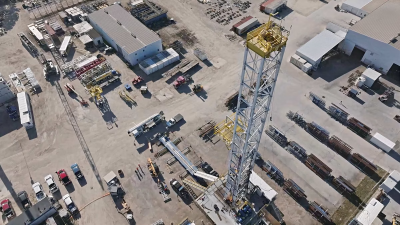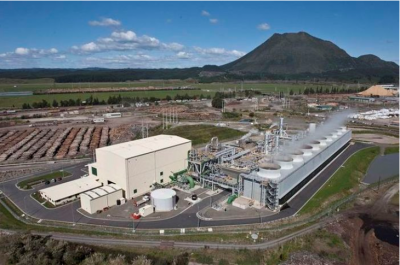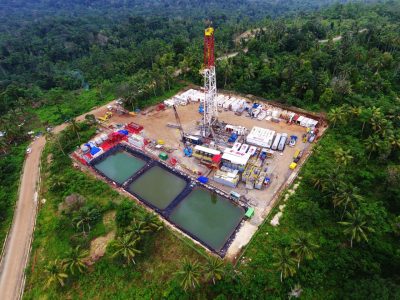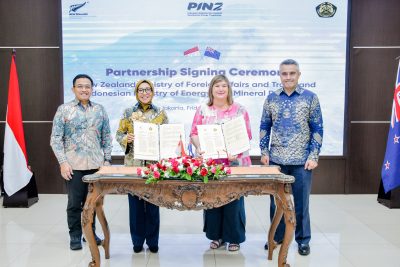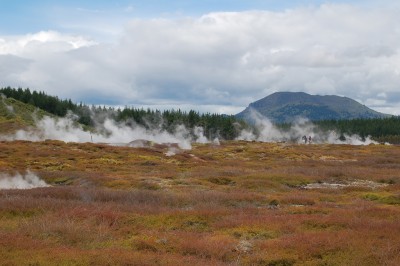Taiwan Int’l Geothermal Forum to be held April 24-25, 2025
The 3rd Taiwan International Geothermal Conference will be held April 24-25, 2025 in Taipeh with a focus on current issues in geothermal development, as well as EGS and Advanced Geothermal Systems.
To advance geothermal energy development in Taiwan, foster international collaboration, and strengthen industry partnerships, the Energy Administration, Ministry of Economic Affairs, R.O.C. (Taiwan), will host the Taiwan International Geothermal Conference 2025 on April 24–25, 2025, at the CPC Building, Taipei.
The conference will cover Taiwan’s geothermal energy progress, global trends, and cutting-edge technologies, including Enhanced Geothermal Systems (EGS) and Advanced Geothermal Systems (AGS). It will also feature insights from local governments on project implementation and a panel discussion on Taiwan’s future geothermal development strategies.
The Energy Agency lowered the 2025 geothermal target from 200 MW to 20 MW in 2023, and then raised the 2030 geothermal target to 1.2-1.5 GW in 2025. Taiwan’s geothermal targets are finally catching up to international development trajectories and successful models.
Recently, the international community has significantly increased geothermal targets for the net zero strategy, hoping to inject advanced technology and investment from the oil industry into the geothermal industry, which has huge potential. The successful commercialization of new-generation geothermal technology in Germany and the United States is a key factor, which is also a blind spot ignored by mainstream media and traditional energy experts.
Taiwan’s geothermal industry is still in its early stages of development. The current situation is similar to the situation six years ago when offshore wind power was first demonstrated in Taiwan. The cost is high and the construction speed is slow. It is still overcoming the learning curve, which is why many traditional energy experts are pessimistic. To date, Taiwan has introduced advanced industrial chains through international cooperation. Offshore wind farms are no longer afraid of strong typhoons and have gradually evolved into the next stage of floating wind turbine farms, becoming a successful model among Asian democratic countries, far surpassing Japan and South Korea.
Many energy experts are unaware that Taiwan will have four geothermal power plants connected to the grid this year, and that their individual well power generation capacity has not yet completed the learning curve, with a production capacity of only about 1 MW. Currently, geothermal power generation has been commercialized in 32 countries. Driven by mature industrial chains, the single-well production capacity in emerging countries can reach 4-7 MW, such as Chile and Croatia, which is more than 10 times the current average in Taiwan. This learning curve depends on the degree of cooperation in the international industrial chain, which is exactly the same as offshore wind power.
The United States is the world’s largest geothermal power producer. Its Department of Energy has long invested in and subsidized geothermal-related technology research and development. The oil industry and RE100 technology industry have both invested heavily in geothermal technology. The development trend of geothermal energy has been further stimulated by President Trump’s coming to power.
It is expected that the average cost of next-generation geothermal power generation will be about US$0.06-0.07 per kWh in five years, and will drop to US$0.045 per kWh in 2035, which is much lower than the cost estimated by the Ministry of Economic Affairs (US$0.2 per kWh) and lower than the cost of advanced nuclear energy at US$0.099 per kWh.
Details and registration for the event: https://forms.gle/UwVzkqhbxCWxBfW58
